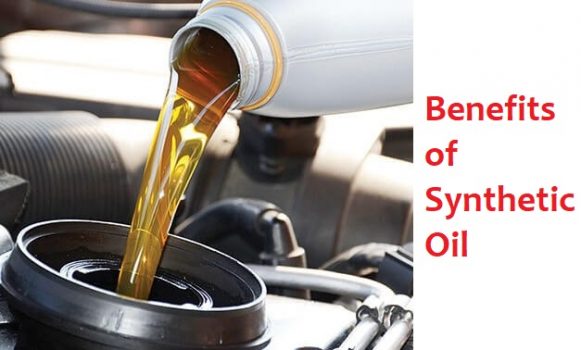Most of people get confused about the word, synthetic. This type of oil is more chemically-engineered than conventional oil, so its molecules are more consistent in shape and size, with fewer impurities.
High-quality synthetic oils, i-e Pennzoil platinum use a base of natural gas. Conventional oils and lesser synthetic oils use crude oil as a base, which inclined to have more impurities.
Motor oil formulas are roughly 20% additives. Both conventional and synthetic oils normally use additives. The difference is only a matter of quality. Synthetic oils often come with higher-quality additives that keep clean and do not degrade as promptly as oil changes.
Get rid of your junk car today: Old Car Removals Melbourne
Better cleaner of the engine:
The engine is just like the heart of a vehicle and keeping it clean and healthy on top priority. A clean engine provides a better performance that was designed by the engine manufacturer.
While an unclean engine will cause loss of recital, petroleum economy and wear of critical engine parts, so regular changes and better motor oil will assist in keeping the engine running as it should.
The base oils used for synthetics have almost no impurities, which means the base oil starts at a high level of performance and only requires additives to give it the performance characteristics to protect the engine.
Top Synthetic oil:
- Provide protection of critical engine parts.
- Offer a better fuel economy.
- Decrease loss of horsepower.
- Protect against wear reasons by frictions.
- Provide protection from different temperatures.
Synthetic oil only uses in new cars:
Synthetic oil is a highly developed formula. It is often professed that it would only be well-matched with newer cars, but that’s not the case. It doesn’t matter the vehicle is old or new, Synthetic oil benefits any engine to provide it a longer, healthier lifespan.
it can handle those turbocharged engines. It is commonly known about synthetic oils being recommended for use on newer automobiles mostly because of the evolving government permission on fuel economy, rationalized engine designs or even as a remedy for reoccurring recital issues.
Does it need a special filter?
No, It does not require any special filter. The vehicle’s filter is just like a kidney; they manage to screen out any imperfections regardless of oil type. It can be perplexing because you have the option of purchasing a “Synthetic filter” or a regular filter, but this entire means is that the fiber content has Synthetic material built in the normal paper filters.
Since filter efficiency is the real gauge – the number of impurities it can filter out of the oil, which is down to the small microns. A Synthetic filter and Synthetic oil can be a smart solution to keep the car engine clean and ensure top engine performance.
Synthetic oil high maintenance:
Once the car owner has taken a decision to switch oil bases, there is no need to flush the engine out. Synthetic oil mixes well with conventional oil. Additionally, the frequency of getting the oil changed is less compared to conventional oil; it’s been observed that Synthetic oil can last between 7,500 to 10,000 kilometers before taking it to the local car service station.
The purity of the Synthetic oil formula has been confirmed to better the car’s fuel economy and last longer overall. These oils have been tested in actual-world engines but every vehicle is dissimilar so it is imperative that the driver should go by his OEM recommendation for severe service for the benefit of the vehicle and its warranty.
Adapt the weather changes:
If the person is living in a region with very cold winters or very hot summers, or if he uses the vehicle for towing or hauling heavy material, synthetic oil helps to protect the engine from strain and won’t break down as quickly as conventional oil.
Conventional oil takes a long time to get flowing through the car engine – and in the cold seasons, even longer. Switching to Synthetic oil will reduce the wait time no matter what type of temperature outside is.
In fact, in-car owner’s manual, there are two recommendations: one for normal and one for severe driving conditions. Based on the cold weather countries climate, the drivers should go by the severe service Interval.

